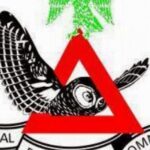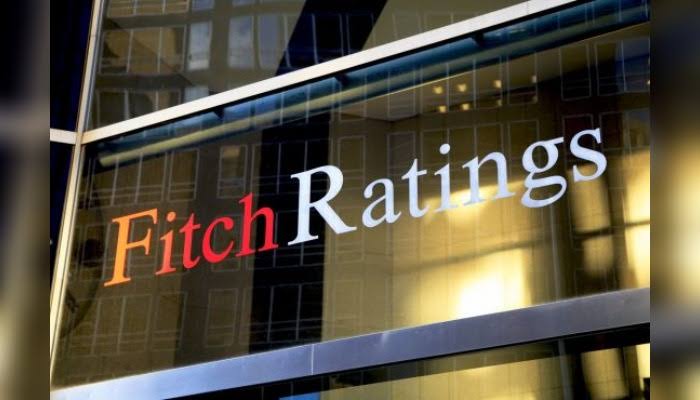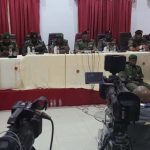A widening gap between the official and parallel market exchange rates of the Nigerian naira indicates the government’s lack of capacity to stabilize the currency and the likelihood it may depreciate further, according to Fitch Ratings Inc.
The naira was quoted at 1002 per dollar at the parallel market on Wednesday, according to Umar Salisu, a foreign-exchange operator who compiles the data in Lagos, the nation’s commercial hub. But it was 26% stronger at 745.19 naira/dollar in the official window, according to FMDQ, a Lagos-based platform where the currency is traded.
The naira has weakened sharply in street trading in the last two weeks as the central bank abstained from increasing supply of the greenback at the official window, where the currency rate has been very volatile. Naira non-deliverable contracts for three months time traded at a record 821.38 per dollar on Wednesday.
Newly appointed Nigerian central bank Governor Olayemi Cardoso, who lawmakers confirmed to the position last week, is yet to signal his policy preference.
The gap between the official and parallel market rates “highlights the challenges in sustaining exchange-rate liberalisation and raises the possibility of a further devaluation,” Fitch Ratings said in emailed statement.
Africa’s most populous nation allowed its currency to weaken 40% against the dollar in June as part of reforms aimed at attracting foreign investment to help revive the struggling economy.
The devaluation and currency reforms briefly merged the official and parallel market rates before the spread started widening again in August, pressured by inadequate official dollar supply, according to Fitch Ratings.
Before Nigeria initiated its currency reforms, the gap between the official and parallel market rate was as high as 70%. (BusinessDay)












